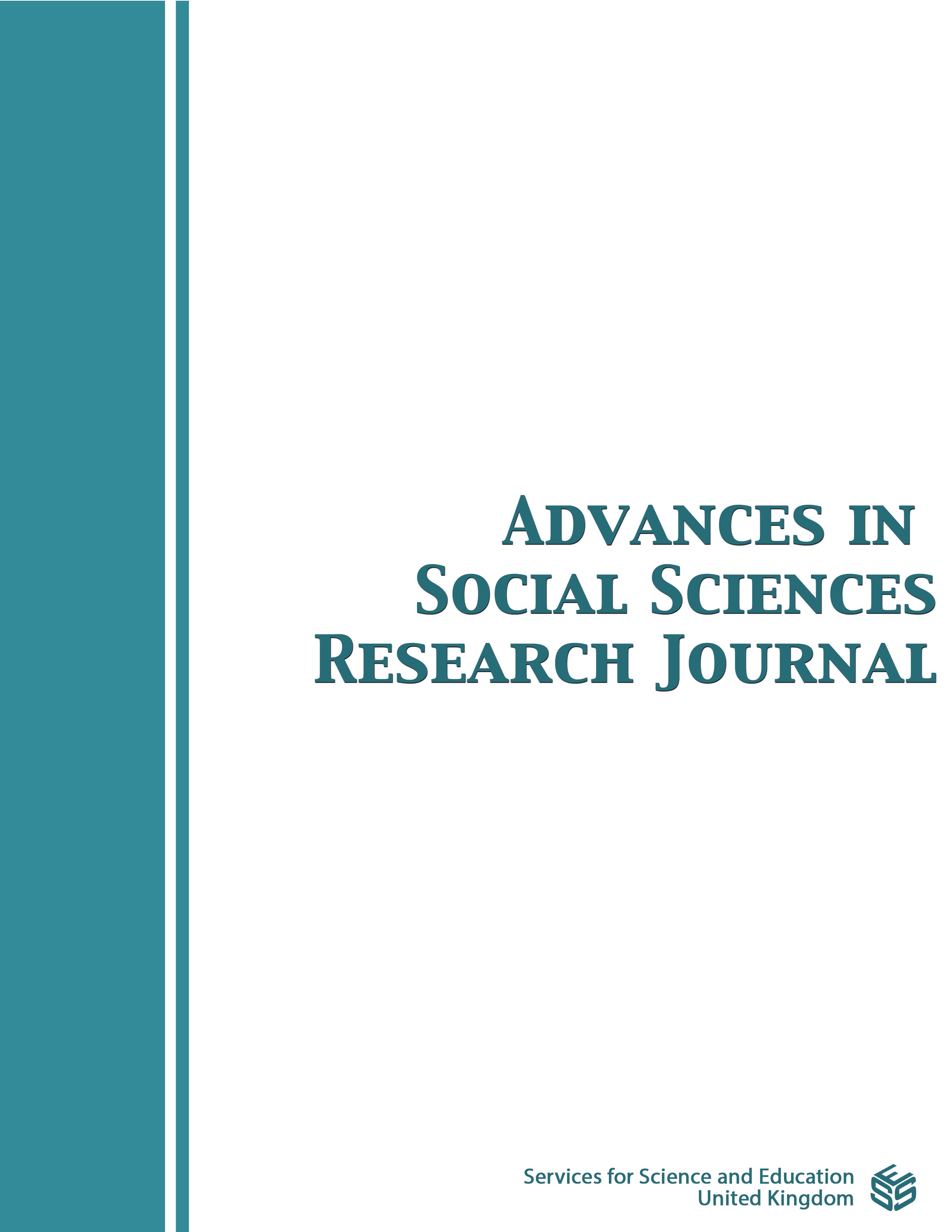Emotional Intelligence and Transformational Leadership Traits Among Licensed Certified Public Accountants Located in the United States
DOI:
https://doi.org/10.14738/assrj.109.15446Abstract
This current research study examined if there is a linear relationship between various Emotional Intelligence traits and Transformational Leadership Traits among a sample of 104 licensed Certified Public Accountants (CPA) located in the United States who are currently not in workplace leadership positions. This research is appropriate for CPA professionals because CPA professionals must evaluate different points of view, conduct an effective analysis of accounting data, and embrace the highest ethical standards as part of their professional duties. Moreover, Transformational Leadership traits (Avolio & Bass 2004) fit nicely within Peter Salovey and John Mayer’s (1990) elements of Emotional Intelligence. Overall, the research study did find evidence for positive linear relationships between the predictor variables of Emotional Intelligence traits of Managing Their Own Self-Relevant Emotions and Managing Others’ Emotions among licensed Certified Public Accountants (CPA) and the dependent variables of Transformational Leadership Traits related to Idealized Attributes, Inspirational Motivation, Intellectual Stimulation, and Individualized Consideration. The researchers recommend that any future professional development among Certified Public Accountants (CPA) who aspire to seek out workplace leadership positions needs to be focused on the cornerstones of Managing Their Own Self-Relevant Emotions and Managing Others’ Emotions.
Downloads
Published
How to Cite
Issue
Section
License
Copyright (c) 2023 Sabine Charles, Andress Walker, Coy Hillstead, Aldwin Domingo

This work is licensed under a Creative Commons Attribution 4.0 International License.
Authors wishing to include figures, tables, or text passages that have already been published elsewhere are required to obtain permission from the copyright owner(s) for both the print and online format and to include evidence that such permission has been granted when submitting their papers. Any material received without such evidence will be assumed to originate from the authors.






